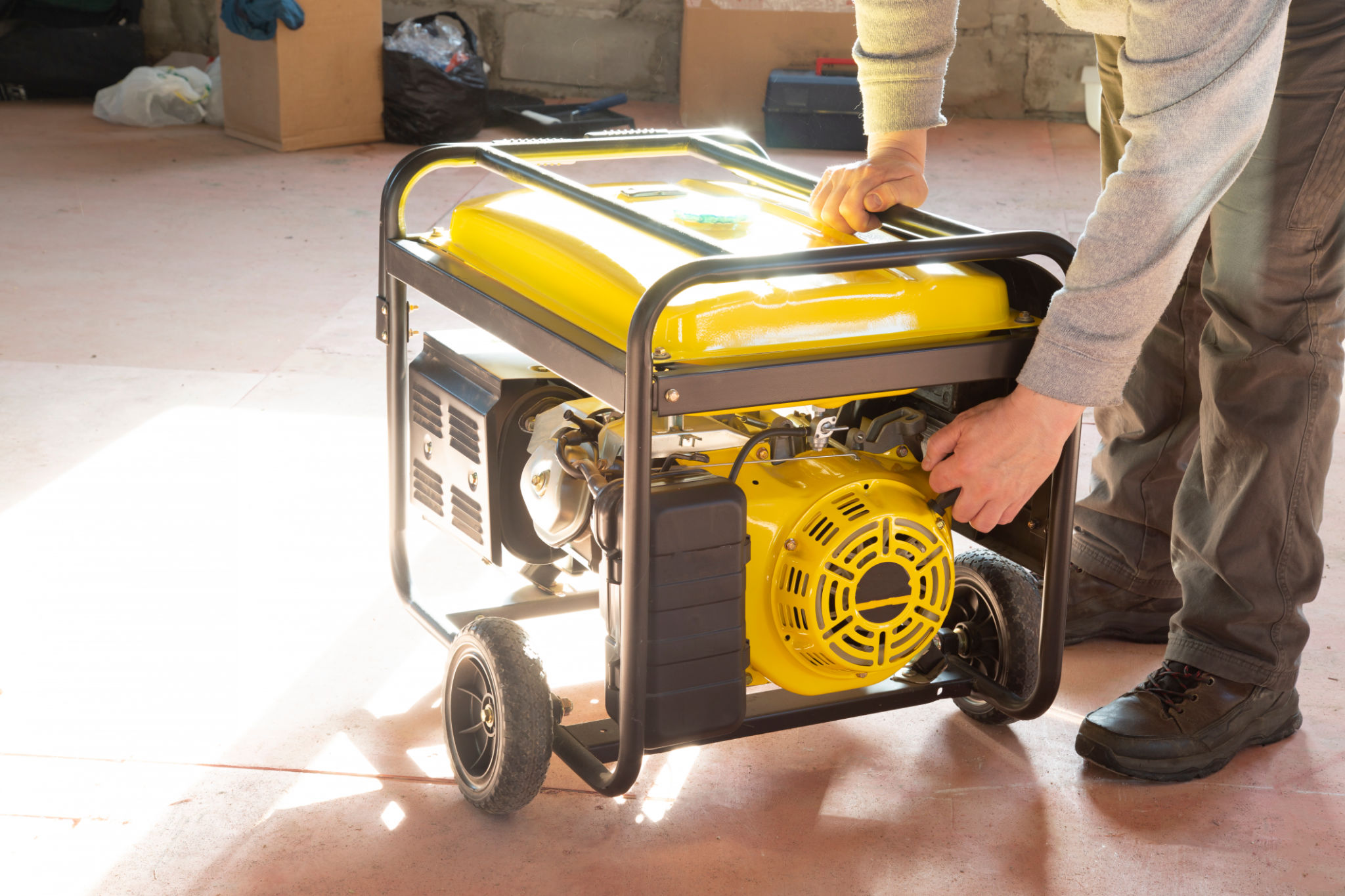The Ultimate Guide to Buying the Right Generator for Your Home
Understanding Your Power Needs
Before you dive into the world of generators, it's crucial to assess your home’s power requirements. The right generator will depend largely on the appliances and systems you need to keep running during a power outage. Consider making a list of essential items, such as refrigerators, heaters, and lighting systems, and calculate their total wattage.
Once you have a clearer picture of your power needs, you can begin the search for a generator that matches these requirements. Remember, it's better to overestimate than underestimate your power needs to ensure seamless operation during unexpected outages.

Types of Generators
There are several types of generators to consider, each with its unique advantages. Here are the main categories:
- Portable Generators: These are generally more affordable and great for temporary use. They run on gasoline and are ideal for smaller homes or specific appliances.
- Inverter Generators: Known for their quiet operation and efficiency, inverter generators are perfect for sensitive electronics and appliances.
- Standby Generators: These are permanently installed and automatically kick in during an outage. They are more expensive but provide effortless power when needed.
Fuel Options
The type of fuel your generator uses can impact its cost and convenience. Here are some common options:
- Gasoline: Widely available but may not be easy to store in large quantities.
- Propane: Burns cleaner than gasoline and is easy to store but may require a larger tank.
- Diesel: More efficient than gasoline for larger generators but can be noisier and produce more emissions.
- Natural Gas: Convenient if you have a gas line, offering unlimited fuel without the need for storage.

Key Features to Look For
When selecting a generator, look for features that enhance safety and usability. Some important features include:
- Automatic Start: This feature ensures the generator activates immediately during a power outage, providing uninterrupted power.
- Low-Oil Shutoff: Protects the engine by automatically shutting down when oil levels are too low.
- Multiple Outlets: Allows you to connect multiple devices simultaneously for greater convenience.
Installation and Maintenance
For those opting for a standby generator, professional installation is a must. It involves connecting the generator to your home's electrical system and possibly installing a transfer switch. This ensures safe and efficient operation during power outages.
Regular maintenance is also essential to keep your generator in top condition. This includes checking oil levels, inspecting fuel lines, and testing the generator periodically to ensure it starts smoothly when needed.

Budget Considerations
Your budget will play a significant role in determining the right generator for your home. While portable generators are more affordable upfront, standby generators offer greater convenience at a higher cost. Consider not only the purchase price but also installation costs and ongoing maintenance when setting your budget.
Ultimately, investing in a reliable generator is a smart move for any homeowner. By taking the time to assess your needs and explore your options carefully, you can ensure that your home remains powered no matter what Mother Nature throws your way.